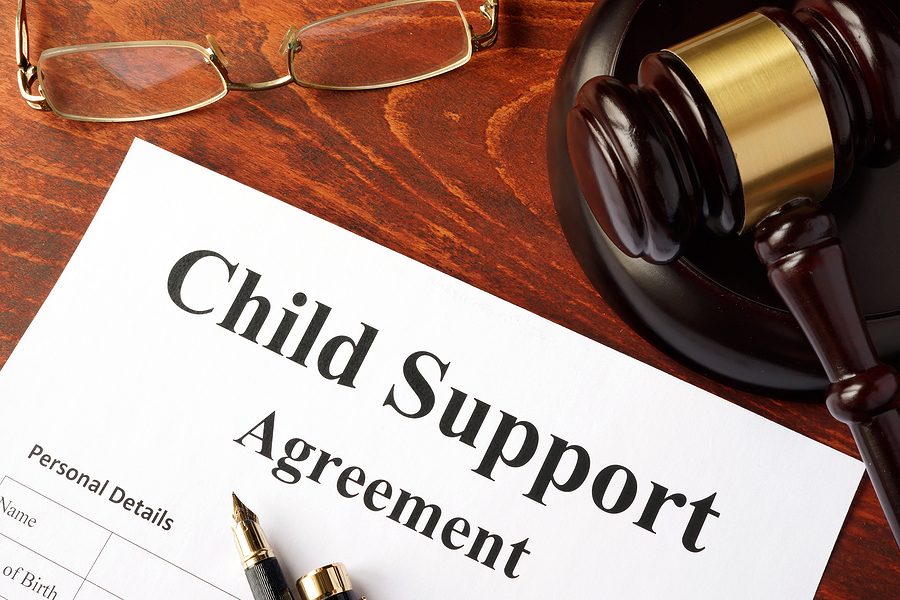Equitable distribution is the legal term used to describe the division of assets and liabilities acquired during the marriage between spouses. Assets are things of value such as a house or money in a retirement account. Liabilities are debts such as credit card debt or loans. In California this division of property is handled a bit differently in that California divorce laws have established itself as a community property state, not an equitable distribution state. This means that any assets or property gained during the course of a marriage belong equally to both spouses and, therefore, the property must be equally divided between the two spouse by the court in a divorce. Its important to understand how community property works and how property is distributed in a California divorce.
What is Equitable Distribution?
Equitable distribution aims to divide the marital property and marital debt as fairly as possible between the divorcing spouses. Equitable is not the same as equal. Equitable means fair and impartial and when couples divorce, the courts try to achieve a fair allocation of property based on a list of factors or guidelines set forth by state law. Married couples typically acquire property and assets while also accumulating some debt, and equitable distribution decides how to divide these assets and liabilities. In some cases the wife or the husband will take on more debt or receive more assets in the equitable division.
Divorce courts which use equitable distribution will divide marital property, based on what is deemed equitable to both parties. This division of assets and debts is often based on a series of factors, such as the length of the marriage, the income and earning capacity of each spouse, the age and health of each spouse, and more.
What is Community Property Distribution?
Community property is anything you earned while married, anything you bought with money you earned while married, and debt you acquired while married. Property you didn’t earn, like a gift or inheritance that was received by either party while married, is not community property. In California, anything acquired during the marriage is subject to division between both spouses. This means that anything purchased or earned by one spouse during the marriage is considered to belong to both spouses.
This is why, you may see a divorced celebrity grumbling about how their spouse “got half.” The income earned (and presumable saved up) and assets bought primarily from that earned income belong to both spouses, and not the celebrity or breadwinner. So anything the celebrity earned while married and anything the celebrity bought with money earned while married is community property and will be divided equally.
Any debt incurred by one spouse before the marriage or after separation may be considered separate property, and the other spouse is not responsible for it.
The Division of Community Property in a California Divorce
A divorcing couple needs to work out a property settlement agreement. This is a binding contract between two separating spouses that outlines who gets what marital property in the divorce. The focus of the agreement is on division of property. Sometimes spousal support payments, child support, and custody and visitation can be addressed in the property settlement agreement as well.
Debt is also considered when dividing property. Any loans, credit card debts, or other financial obligations will also be divided equally between both parties.
It is recommended to use an experienced and knowledgeable divorce lawyer like Bradley Bayan. Bradley D. Bayan has been practicing Domestic Relations law for over 20 years. He is the sole proprietor of the Law Offices of Bradley D. Bayan in Redwood City, California. He specializes in Divorce, Child Custody, Child Support, Visitation, and other aspects of law related to domestic partnerships.
Schedule a Consultation With a Redwood City Divorce Lawyer
In California, dividing assets can be a complex process, requiring the careful review of all financial records, appraisals of property, and the guidance of a qualified divorce attorney. Contact the Law Offices of Bradley Bayan at (650) 364-3600 to schedule a free consultation. With Attorney Bayan’s help, your divorce and the division of property will be handled more efficiently, saving you time and aggravation.










